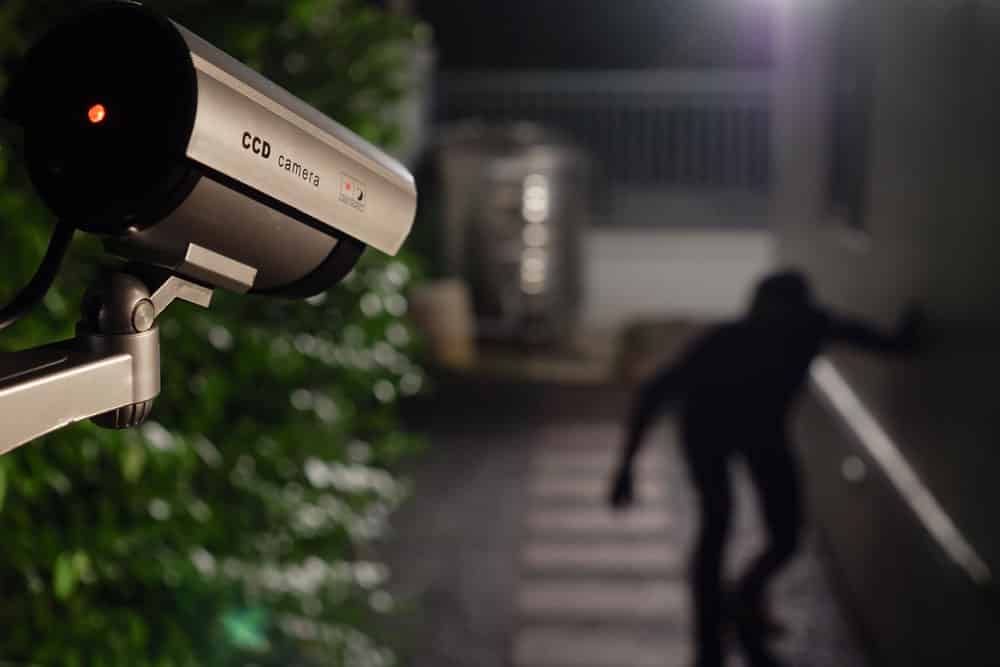
Criminals look for easy targets. Any business with video surveillance is no longer an easy target. That’s how security cameras work to actually deter crime.
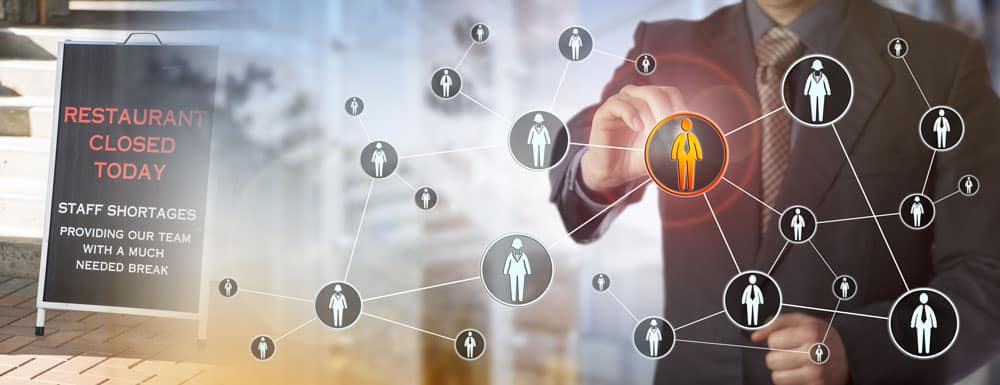
Across the country, the COVID-19 pandemic has taken a toll on businesses. First, widespread closures forced many businesses to close their doors for good. And now, due to a nationwide labor shortage, business owners are having a hard time finding the staff to keep doors open once again.

Contrary to the old saw … good things don’t always come in small packages. In the case of artificial intelligence (AI), the bigger the package, the better. (Package of data, that is.)
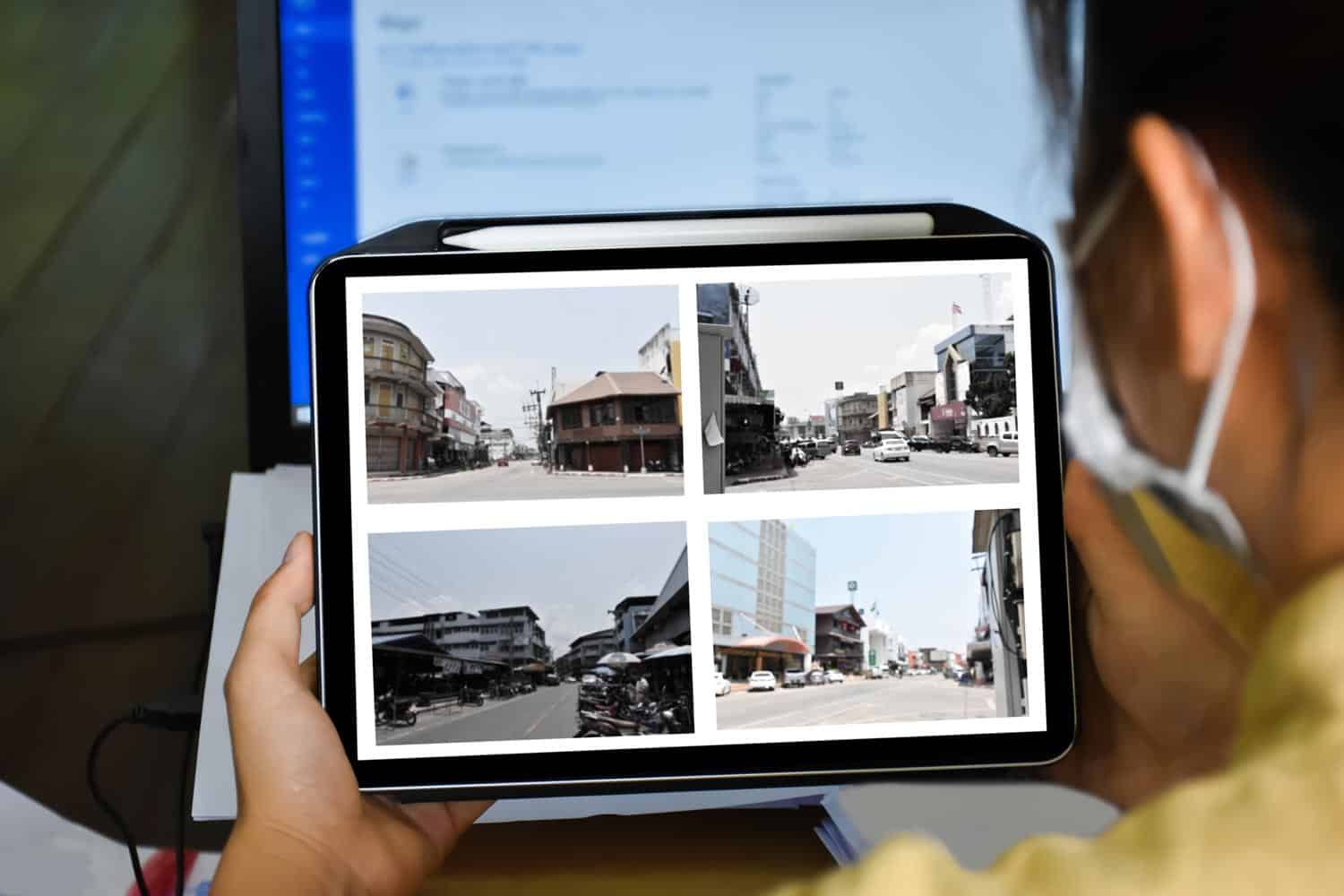
Live remote video monitoring incorporates the eyes, ears, and decision-making capabilities of a trained security team. These teams use your video surveillance cameras to carefully monitor from corner to corner on your property.
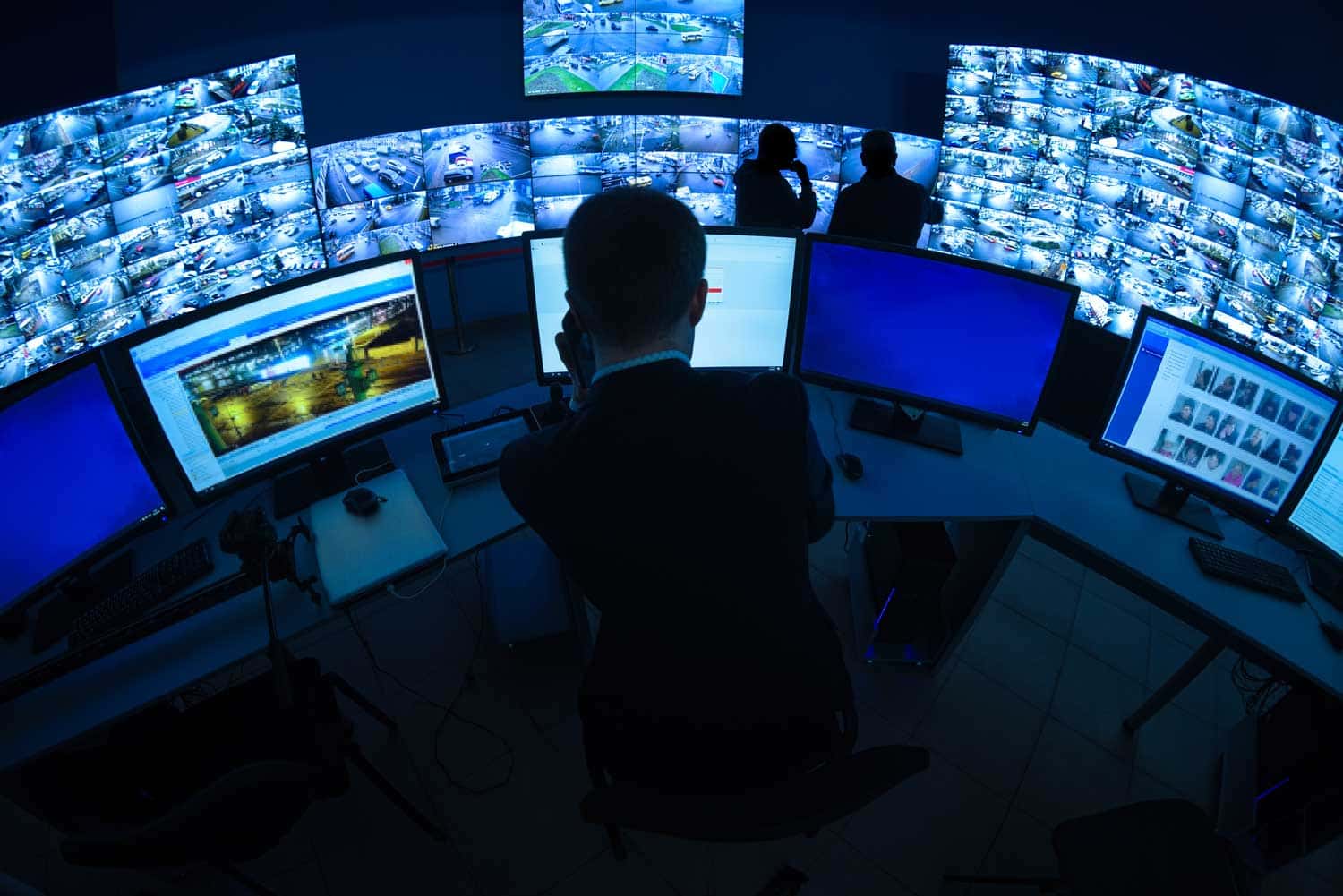
CCTV systems that use analog video surveillance cameras have been around for decades. But there have been many innovations that have changed traditional CCTV into something much more sophisticated and effective.
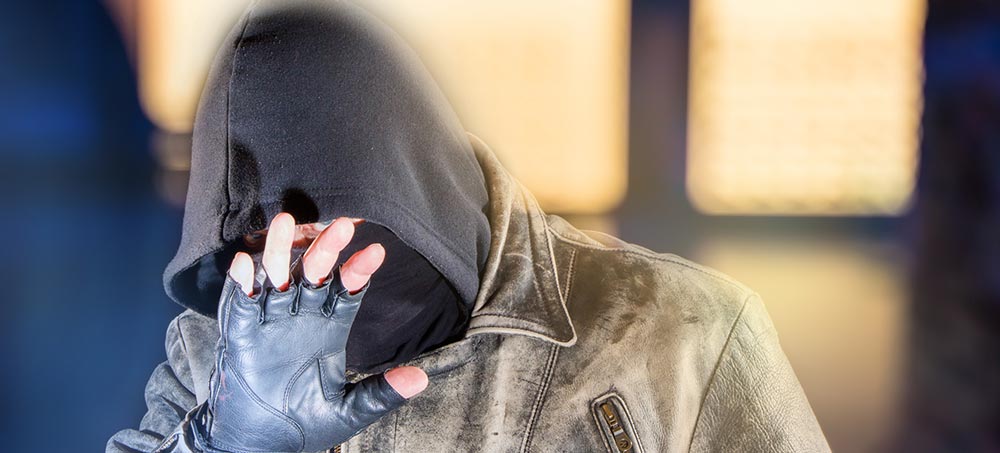
In the latest edition of our “Ask the Expert” blog series, we’re answering: Are talk down services the best option for deterring crime?
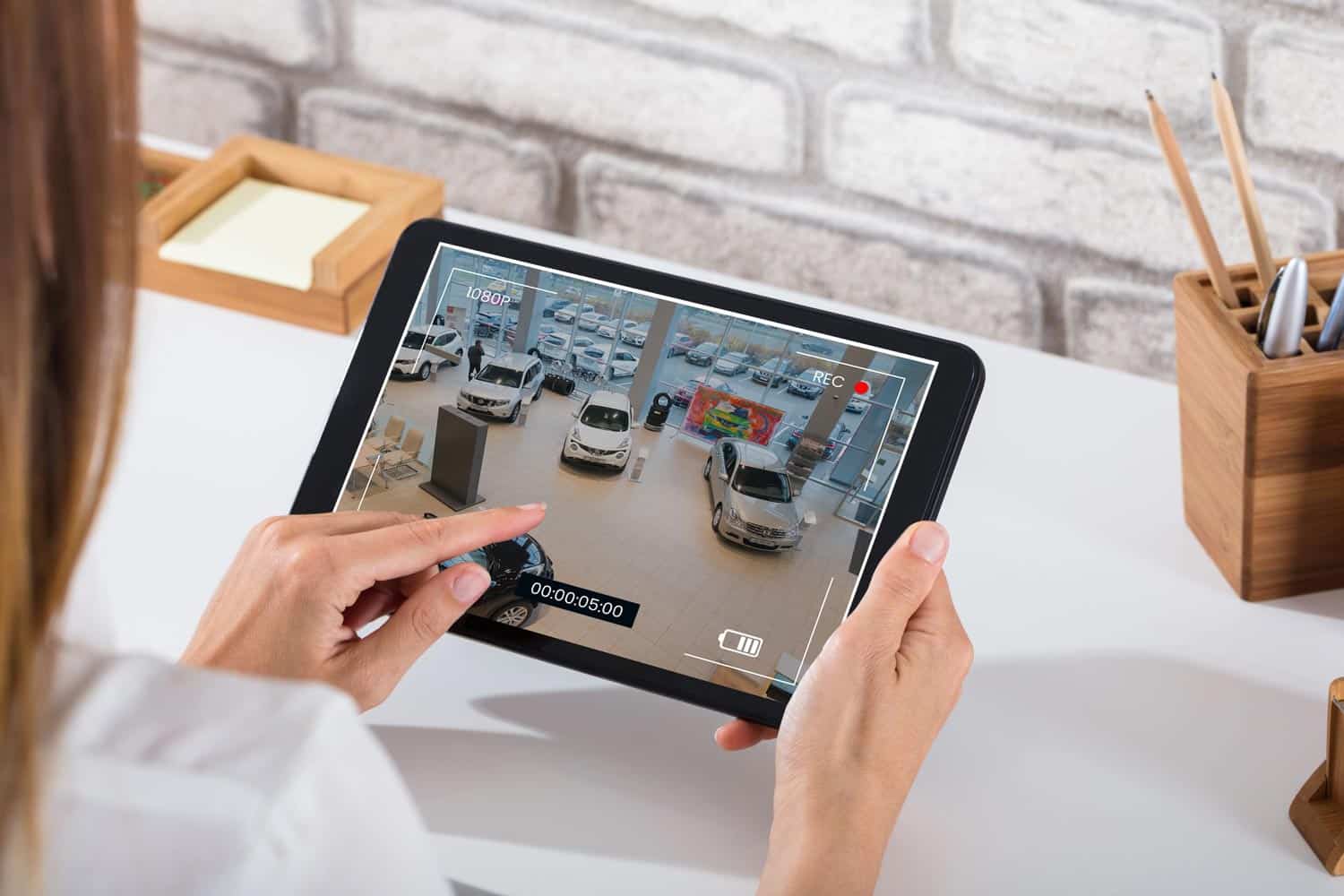
Remote video surveillance allows you to outsource security to a team of experts who make use of modern technology with plain old human intelligence. How you use these services is up to you.

A set of parking garages across a city will have much different security infrastructure needs compared to a series of retail storefronts. An enterprise security management plan takes on all of these challenges, mitigating risk in a variety of settings.

Over the years, video surveillance tools have taken a big step forward to respond to an increasingly bigger job. The threat of on-site crime, violence, and disruption has increased. But so have the tools we use to improve our security response.
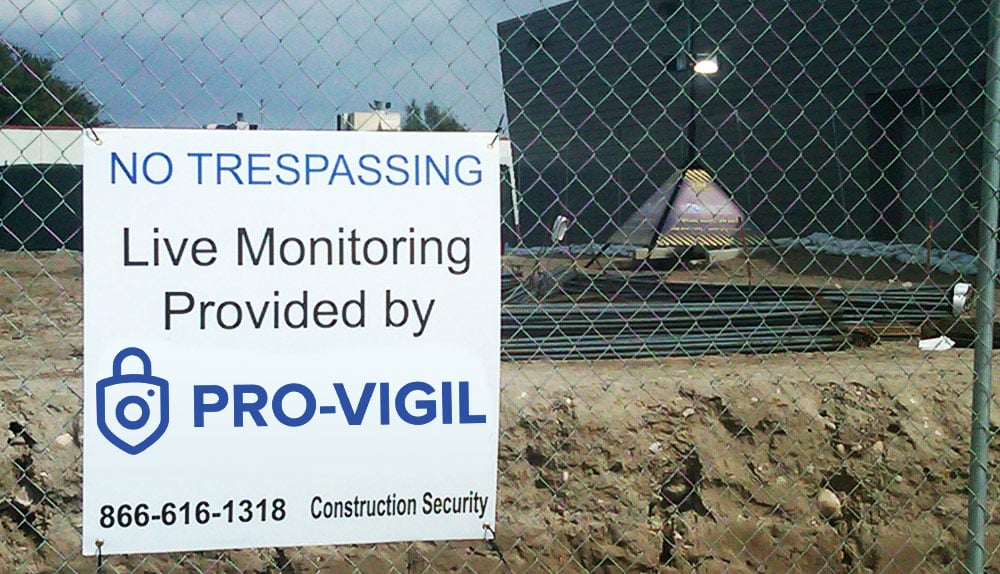
Welcome to “Ask the Experts” – a chance for Pro-Vigil’s team of video surveillance experts to answer your questions about surveillance technology, logistics and beyond. Have a question? Go ahead and ask it, and we’ll do our best to answer it for you.
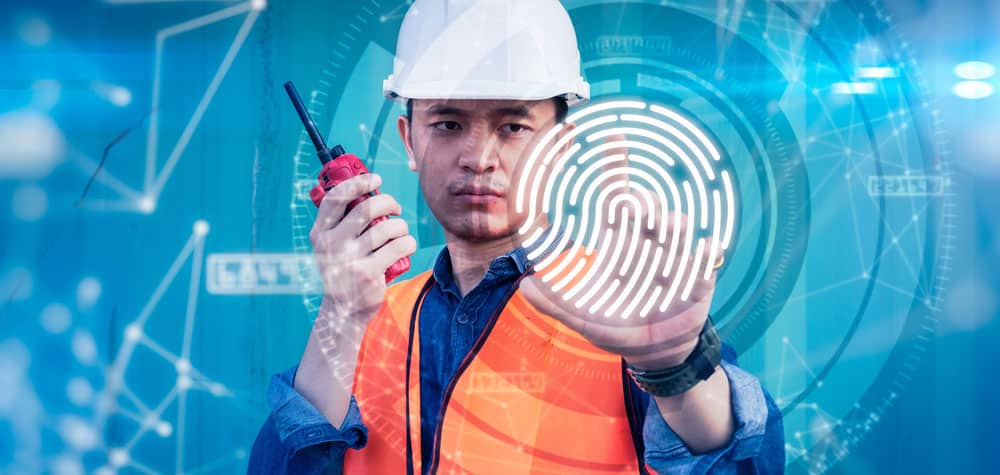
When people think of mobile video surveillance, they usually think “sites with no infrastructure.” That is, sites without electricity or WiFi connectivity – like those typically found in construction, agriculture, oil and gas exploration, etc.
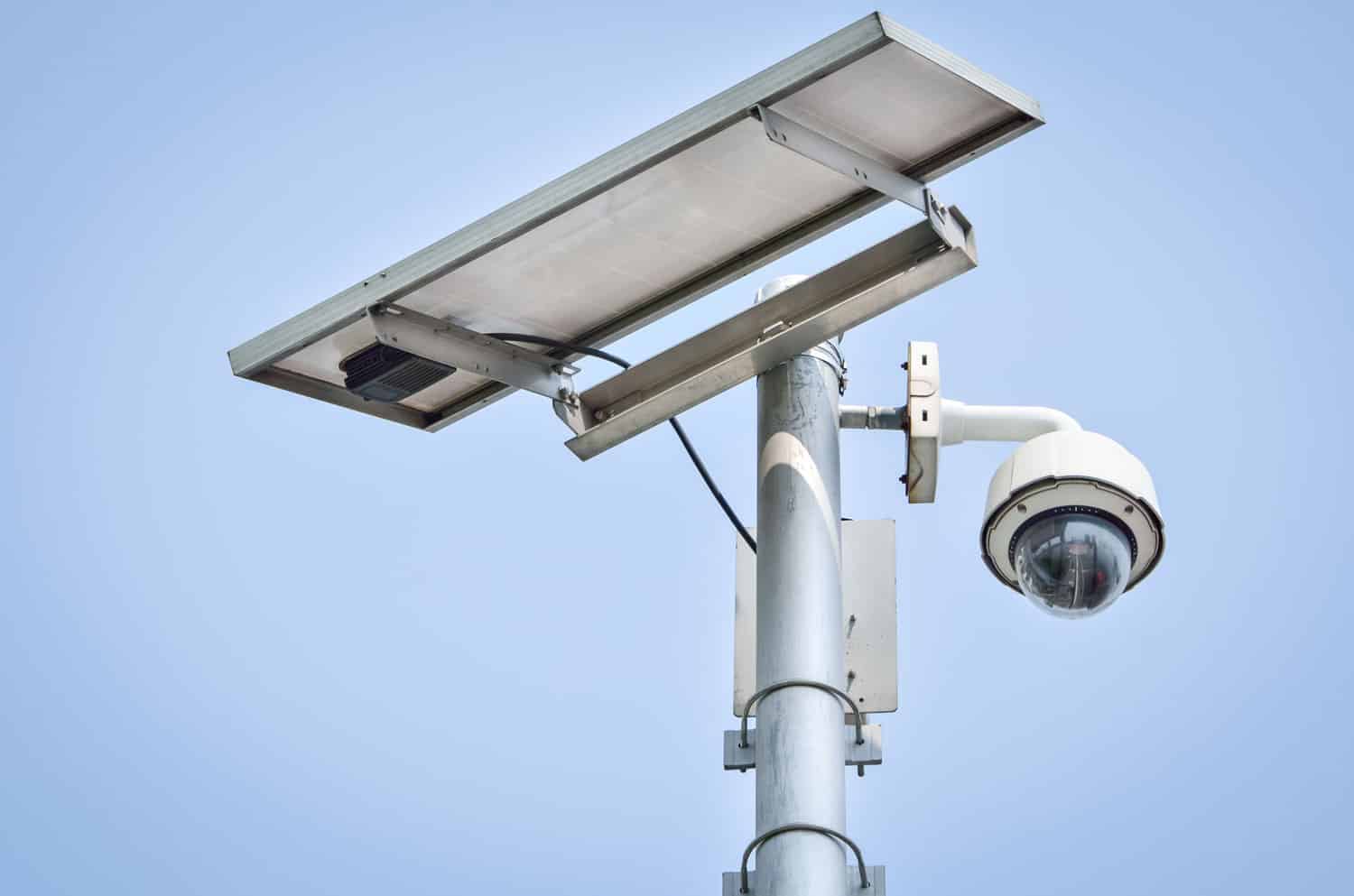
A construction site doesn’t need a stable structure to attach cameras to, permanent electricity, or even Wi-Fi to benefit from a mobile surveillance system.
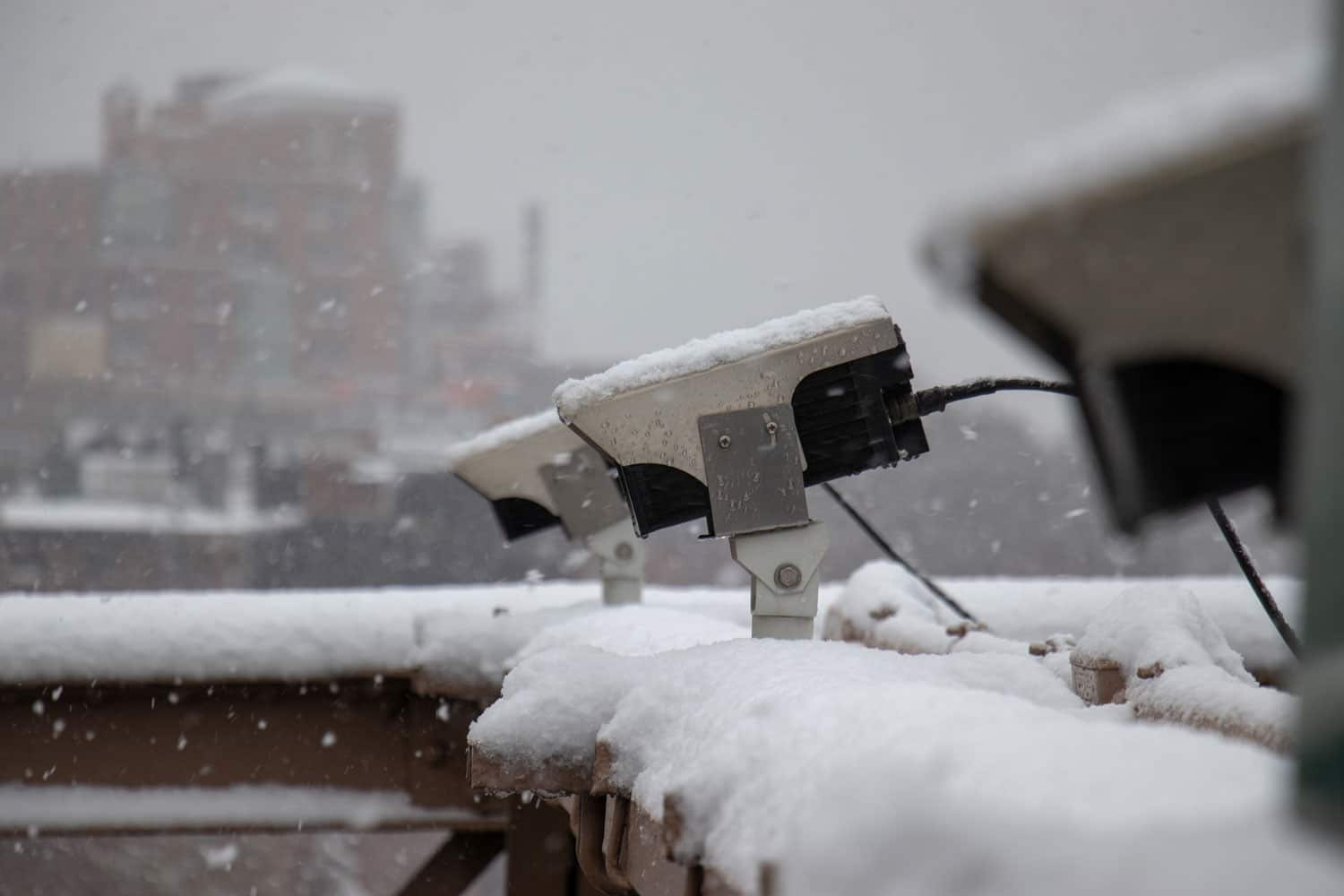
Lighting, location, weather, and access to electricity should all be considered if you want to seamlessly protect your business.
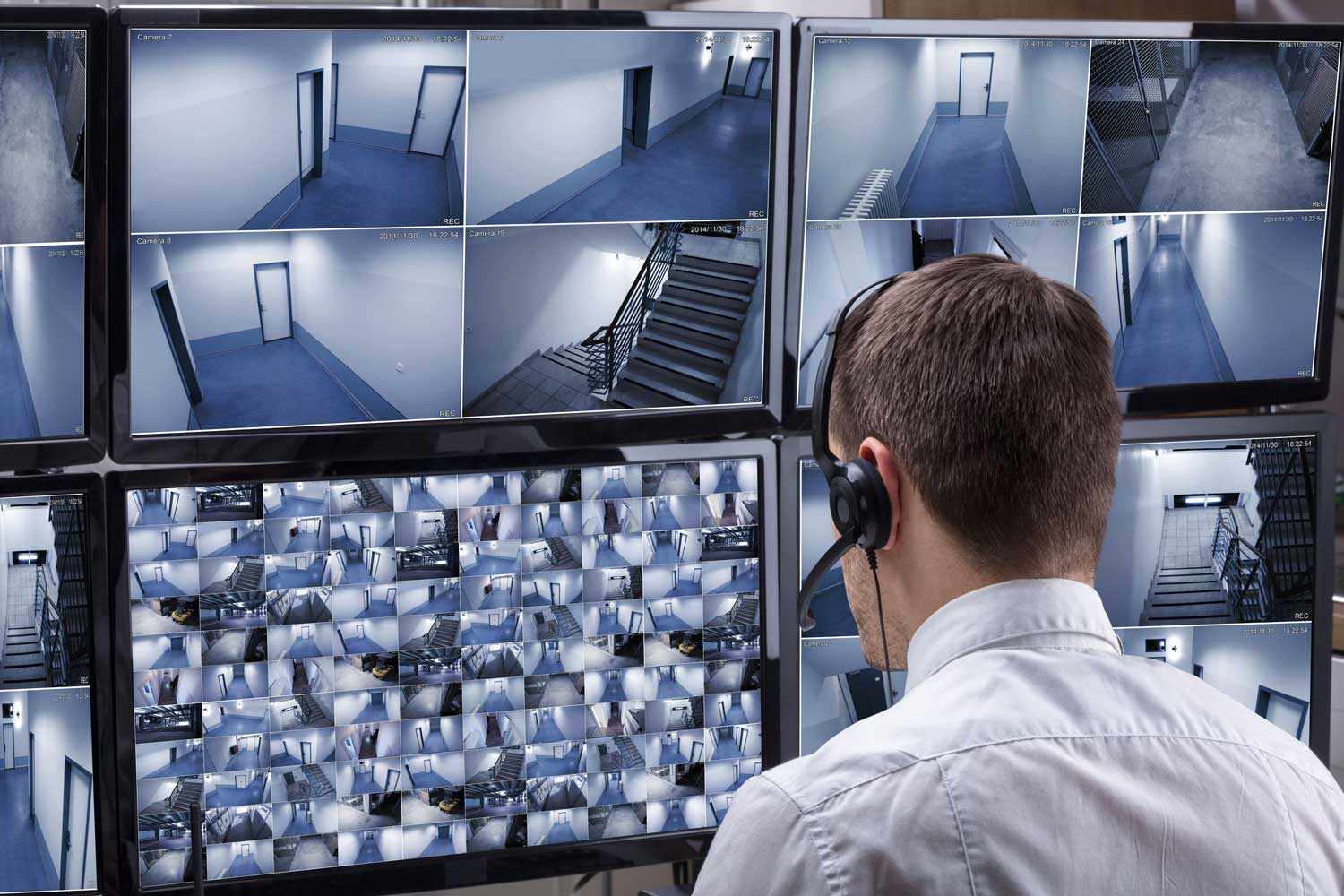
We receive a lot of questions about video security tools. Here are some of the most common questions we see (and our best answers) about security cameras, their features, and their installation.
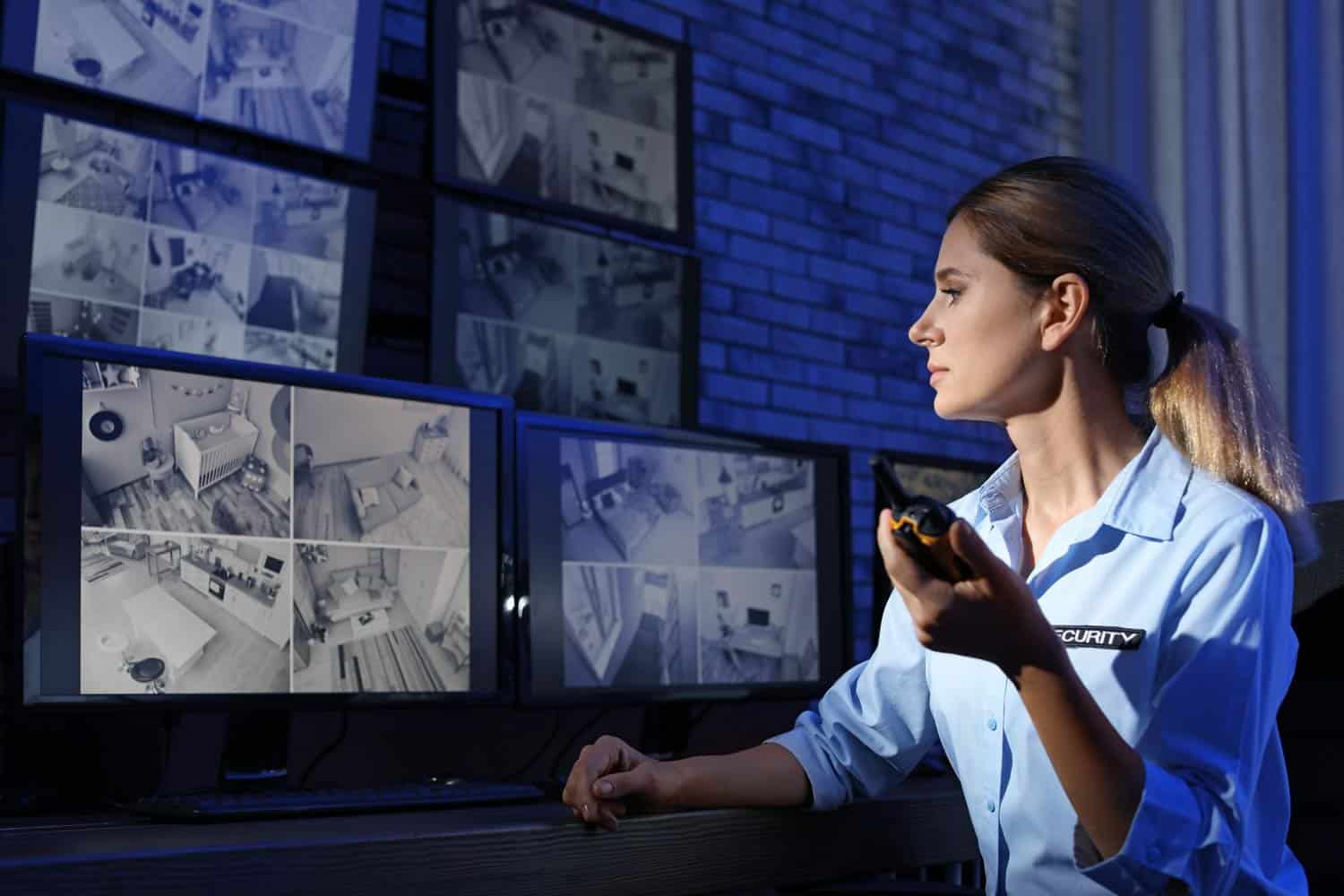
Whatever your reason, you’ve concluded that it’s time to switch your security monitoring company. It may comfort you to know that the process for switching isn’t as complex as you might have imagined. Here are some steps you should follow.

When it comes to protecting property, there should be no question by now that security cameras play an essential role. However, it some situations, businesses may prefer a less obvious approach to surveillance. Discreet security cameras provide a solution that allows for protection without drawing attention to the fact that a space (and the people in it) are monitored.
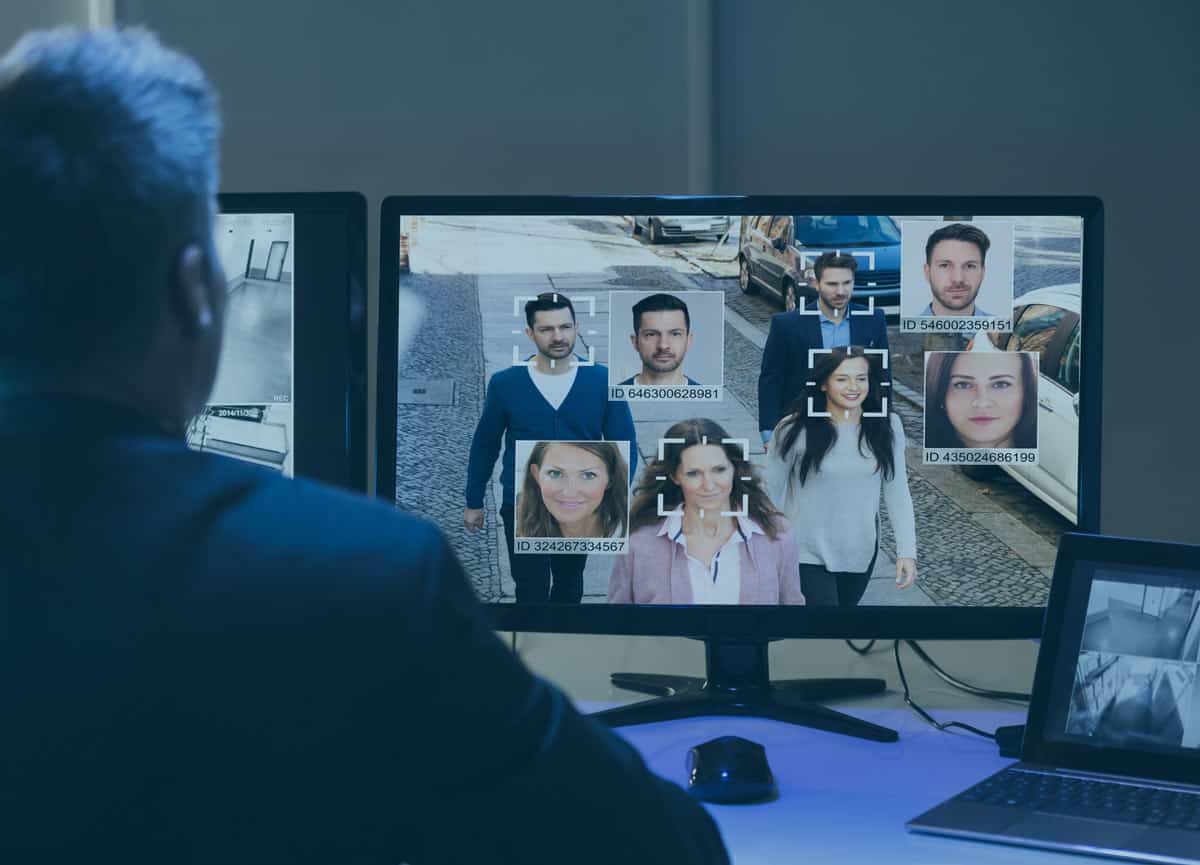
The technology behind video surveillance has changed radically from two decades ago—and it’s still evolving. Back then, the best choices available were an analog CCTV camera and a recordable VCR tape. Today, the internet and computer software have given us better security tools. Now we’re in the era of AI security camera software and everything is about to change.
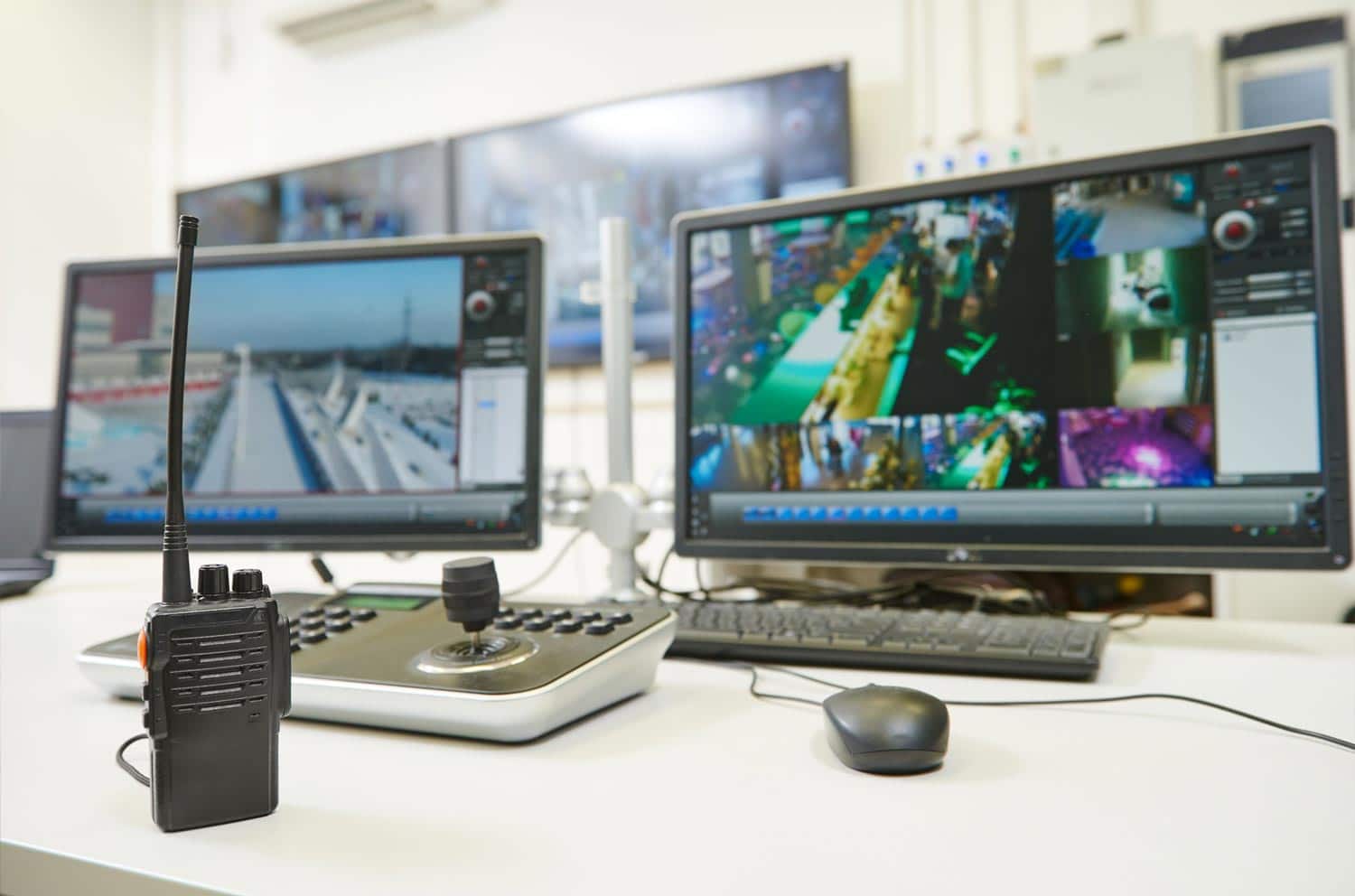
A modern business faces security risks that range from customer or employee theft, vandalism from trespassers… to workplace injury or even just employees slacking off. There are way more risks than a single camera could handle.
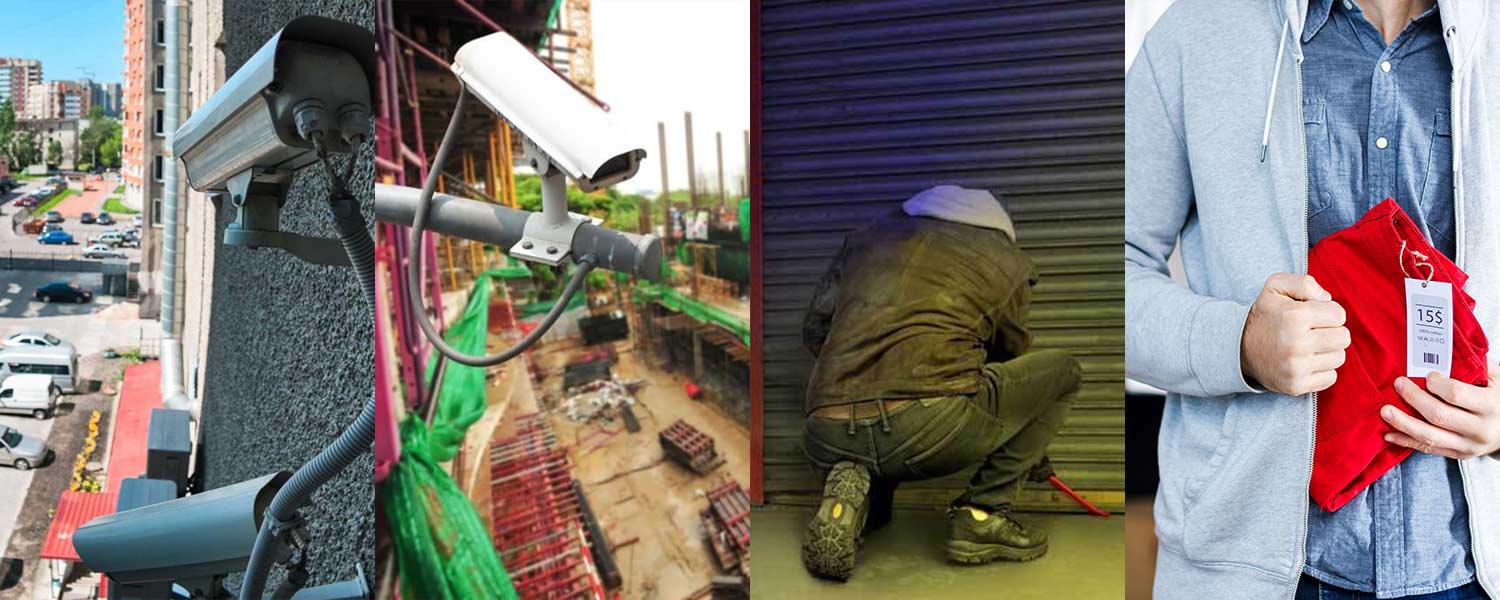
Many people think of security cameras as only being useful after work, when nobody’s around to watch the shop. However, there are many invaluable security camera uses for business hours as well.
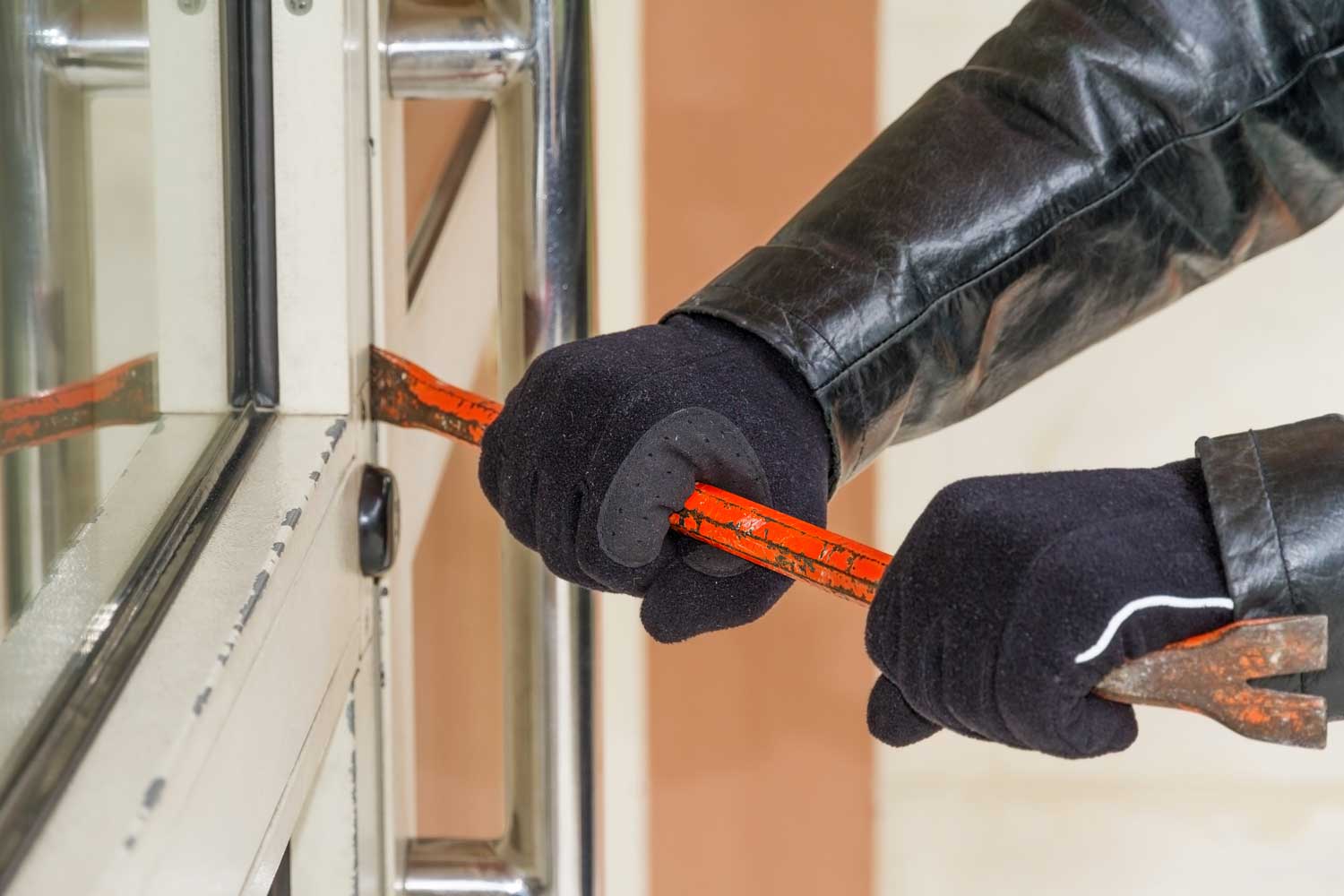
Installing a commercial video surveillance system can prepare your business for almost anything. It can provide you with eyes and ears on your property even when you’re not there.
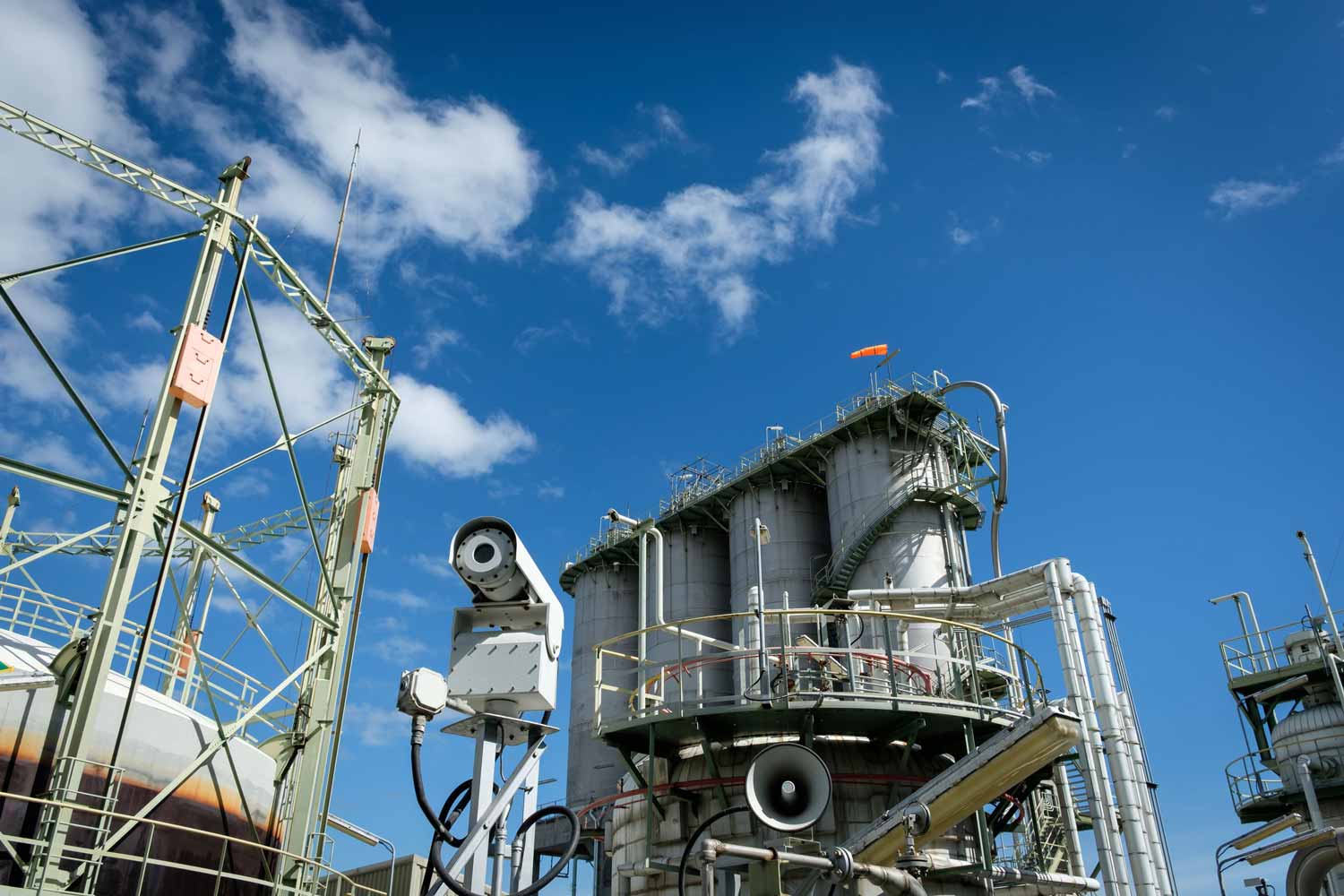
Today’s smart cameras use increasingly sophisticated artificial intelligence (AI) algorithms in their software that allow the end-user to program automated responses into the tool.